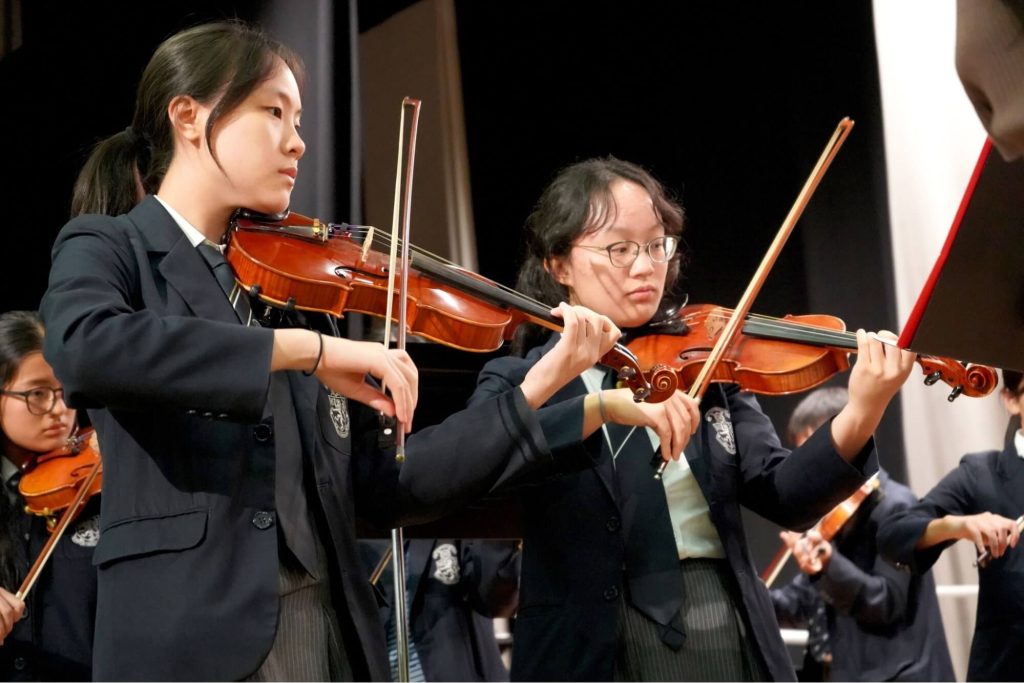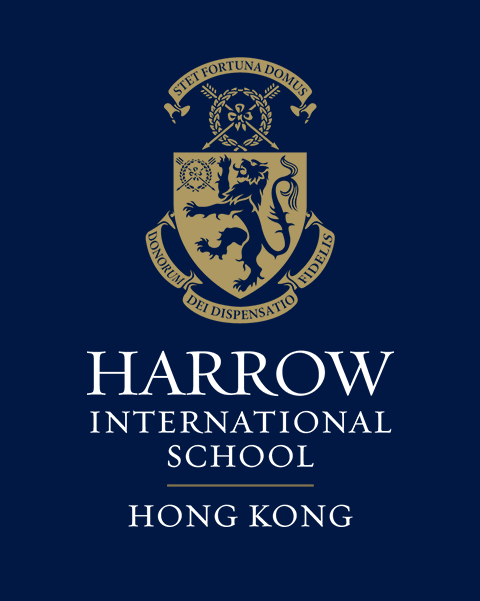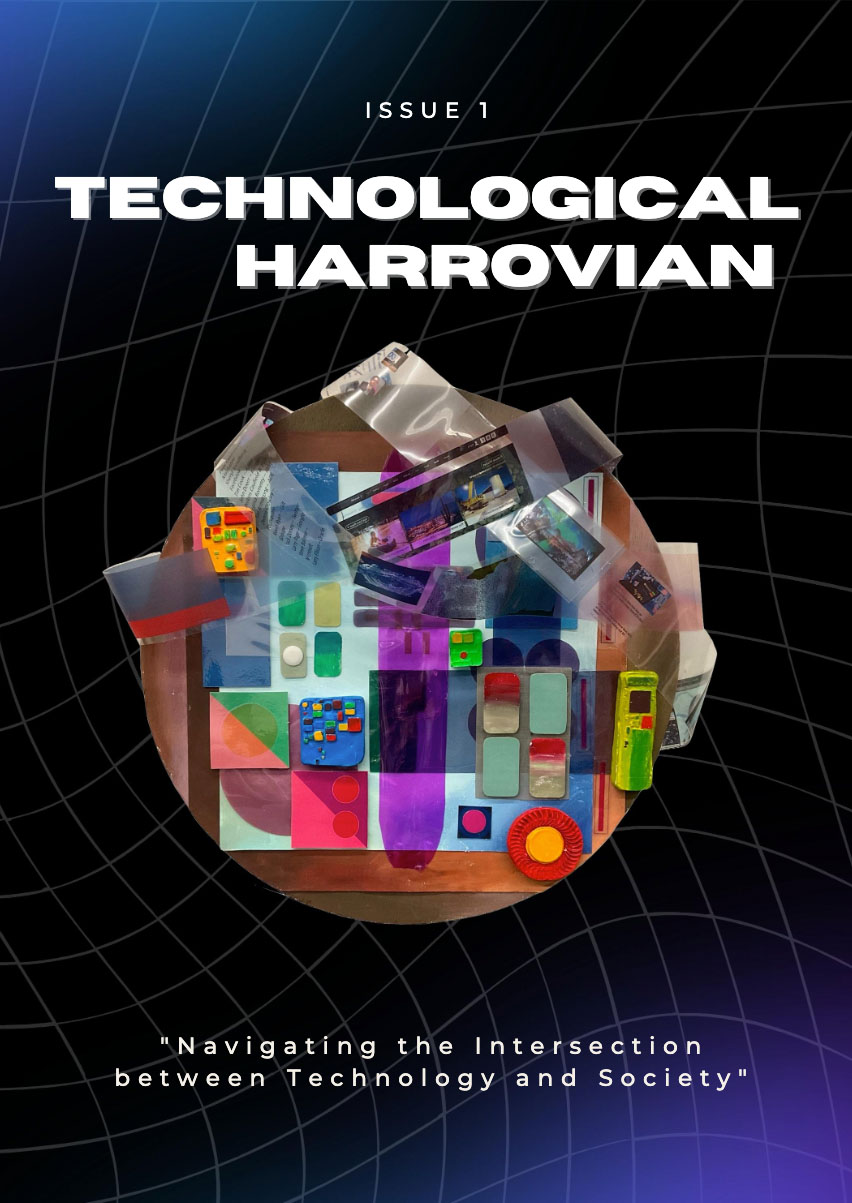How Extracurricular Activities Shape Youth Development
For many parents, academic achievement understandably takes centre stage. But what if the most powerful contributors to a child’s long-term success also happen outside the classroom? As we are aware at Harrow Hong Kong, structured extracurricular activities, from sports and music to academic clubs and service groups, are increasingly recognised as vital to a young person’s overall development.
We will share current day research that shows that these activities do far more than keep children busy after school. They support cognitive growth, enhance emotional resilience, strengthen social connections, and build confidence. We will take this opportunity to explore how extracurricular involvement helps shape young people across the full school age range, and why these experiences matter just as much as formal lessons in preparing pupils for the future.
Academic Achievement Beyond the Classroom
Boosting Grades and Aspirations
Participation in structured extracurricular activities contributes to measurable academic improvements. Research indicates that pupils engaged in organised clubs typically achieve higher grades and test scores. One study found a 2 percent increase in maths and science results, coupled with a 10 percent increase in expectations to attend university, compared to non-participants.
Activities promote key academic skills in practical ways:
- Persistence, goal-setting, and motivation learned off-campus carry into classroom performance
- Club structures teach adherence to instructions and cooperative problem-solving
Skills Transfer from Activity to Academics
Not all extracurriculars yield the same benefits. Research highlights:
- Sports participation has been linked to improved maths, science, and literacy scores
- Arts involvement correlates with stronger work habits and academic achievement
- Academic clubs or group learning deliver subject-specific reinforcement and deeper understanding
Combining Activities for Greater Impact
Engaging across multiple activity types (e.g. combining sport and academics) produces a cumulative benefit. One analysis showed those taking part in diverse extracurriculars outperform single-area participants in overall academic achievement .
Educationally speaking, extracurricular involvement is an investment in a child’s success. By combining meaningful activity with classroom learning, young people develop transferable skills, deepen their focus, and set lasting goals, cultivating a stronger foundation for academic excellence.
Social-Emotional Development
Building Confidence and Character
Extracurricular participation supports confidence and emotional growth. Studies show that young people involved in structured activities report improvements in self-esteem, resilience, and leadership skills. Whether delivering a presentation in drama club or supporting teammates on the pitch, pupils learn to cope with pressure, bounce back from setbacks, and take initiative, which are qualities that reinforce both character and well-being.

Fostering Teamwork and Belonging
Belonging to a group underpins healthy emotional development. A longitudinal study of nearly 3,900 Australian adolescents (aged 12–13) found that broader extracurricular involvement predicted stronger school belonging two years later. This heightened sense of connection then led to reduced depressed mood by age 16–17, particularly for pupils from lower‑income communities. Simply belonging to a club or team can form a vital emotional anchor.
Reducing Risky Behaviours Through Positive Peer Groups
Engaged pupils tend to form friendships within positive, goal-oriented communities. These supportive peer networks often help reduce risky behaviour. While up to 34% of disadvantaged children miss out on extracurriculars, those who do participate benefit from stable relationships and less exposure to negative influences.
Cognitive Development
Measurable Gains in Cognitive Functioning
Engaging in extracurricular activities delivers more than fun and social perks; it positively affects children’s cognitive abilities. A large analysis of 9,718 US children aged 9–11 found that extracurricular involvement was a significant contributor to fluid cognitive functioning, covering learning, problem-solving, and adapting to new challenges.
Boosting Executive Functions and Resilience
Activities such as team sports, chess clubs, robotics, or music training extend the growing brain’s capacity for:
- Attention control, enhanced by following rules and strategies in play or performance.
- Planning and working memory, practised through rehearsals, scripts or complex game sequences.
- Problem-solving, developed when navigating challenges during competitions or creative projects.

Cognitive Growth Within a Healthy Lifestyle
Extracurriculars work best alongside balanced routines. The study mentioned highlights that combining extracurricular engagement with healthy sleep and reduced screen time can elevate cognitive performance notably. Supporting children to adopt this balance enables them to gain the most from both academic and extracurricular domains.
At Harrow, we have found that our organised activities actively enhance mental flexibility, attention, and memory, reinforcing learners’ readiness for complex academic and life challenges ahead.
Sense of Belonging and Well‑Being
Strong Bonds, Better Mental Health
Extracurricular activities foster a genuine sense of connection. Research has shown that participation in multiple structured activities at age 12 predicted higher levels of school belonging two years later. This heightened belonging, in turn, significantly reduced depressed mood by mid‑adolescence.
Emotional Resilience Through Shared Experience
Belonging to a club or team provides emotional support beyond the classroom. Interactions with peers and mentors within these groups create a sense of identity and safety. This not only benefits mental health in the moment, but sets a stronger foundation for psychological resilience .
Community Engagement Fosters Social Responsibility
Well‑designed extracurriculars encourage engagement beyond the school walls. Research shows that extracurricular involvement can teach empathy, volunteerism, and a broader sense of civic purpose, which are qualities tied closely to long‑term civic trust and societal participation .
Our school activities offer structured, purposeful group experiences, which ensures that extracurriculars do more than fill after‑school hours. They forge environments in which pupils belong, connect, and grow; socially, emotionally, and ethically.
Why Harrow Hong Kong Graduates Are Well-Positioned to Excel
Harrow offers more than academic excellence. Through our Harrow Horizons enrichment programme, we ensure that every pupil engages in at least two Super Curriculum activities (SCAs) each week, alongside optional Co-Curricular Activities (CCAs), totalling over 250 choices across sport, music, drama, community service and more. This structured, weekly engagement ensures that extracurricular participation is not an afterthought, but an integrated part of school life.

Depth and breadth: Pupils choose activities that align with their interests, helping them develop skills in real-world contexts. Examples include: leadership through Duke of Edinburgh, creative expression via drama, and teamwork in sports teams.
Holistic impact: Harrow Horizons also includes Leadership in Action Week, expeditions, charity events (like Long Ducker), societies and the Speaker’s Forum, all building confidence, global awareness and social responsibility.
Supportive infrastructure: A dedicated Deputy Head (Co‑Curricular & Organisation) ensures activities are purposeful and inclusive, catering to all ages from 3 to 18, with opportunities to develop leadership, resilience and belonging.
Through this intentional, broad-ranging activity provision, at Harrow pupils are empowered individuals who carry the skills and values gained from extracurricular experiences into academic life and beyond.

By aligning the Harrow Horizons programme with global research on youth development, from academic gains to emotional resilience, the School offers a truly distinctive educational experience. This enables pupils to flourish not only in lessons, but as confident, social, and well-rounded individuals ready to lead in an ever-changing world.

 360° TOUR
360° TOUR 










